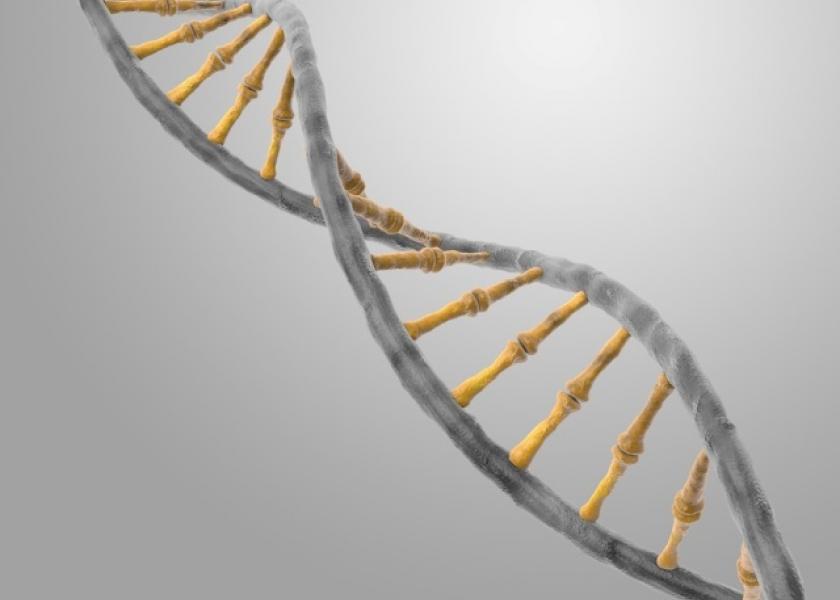CRISPR Bacon: Genetically Modified Low-Fat Pigs

Chinese scientists are using a new gene-editing technique to create pigs that can keep their bodies warmer, burning more fat and producing leaner meat, according to a report from NPR.
In a paper in the Proceedings of the National Academy of Sciences, the scientists say they have created 12 healthy pigs with about 24% less body fat than normal pigs. The scientists hope the low-fat pigs will be less expensive to raise and would suffer less in cold weather.
"This is a big issue for the pig industry," says Jianguo Zhao of the Institute of Zoology at the Chinese Academy of Sciences in Beijing, who led the research. "It's pretty exciting."
The scientists created the animals using a gene-editing technique known as CRISPR-Cas9, which allows scientists to identify and make changes in DNA more precisely than before. The technique has also been used to modify pig organs and tissues for better transplant success, as well as developing vaccines for diseases.
Pigs lack the UCP1 gene that helps regulate body temperature, which other mammels have. The scientists edited a mouse version of the gene into pig cells that were used to create more than 2,000 cloned pig embryos. Twelve male piglets with the new gene were born from the embyros and had 24% less body fat than pigs without the gene.
The pigs physically looked the same as other pigs, but "they could maintain their body temperature much better, which means that they could survive better in the cold weather," Zhao said in an interview.
"This is a paper that is technologically quite important," says R. Michael Roberts, a professor in the department of animal sciences at the University of Missouri, who edited the paper for the scientific journal. "It demonstrates a way that you can improve the welfare of animals at the same as also improving the product from those animals — the meat."
But Roberts doubts the Food and Drug Administration (FDA) would approve a genetically modified pig for sale in the U.S. He's also skeptical that Americans would eat GMO pork.
The FDA has approved a genetically modified salmon, but the approval took decades and has been met with intense opposition from environmental and food-safety groups.







